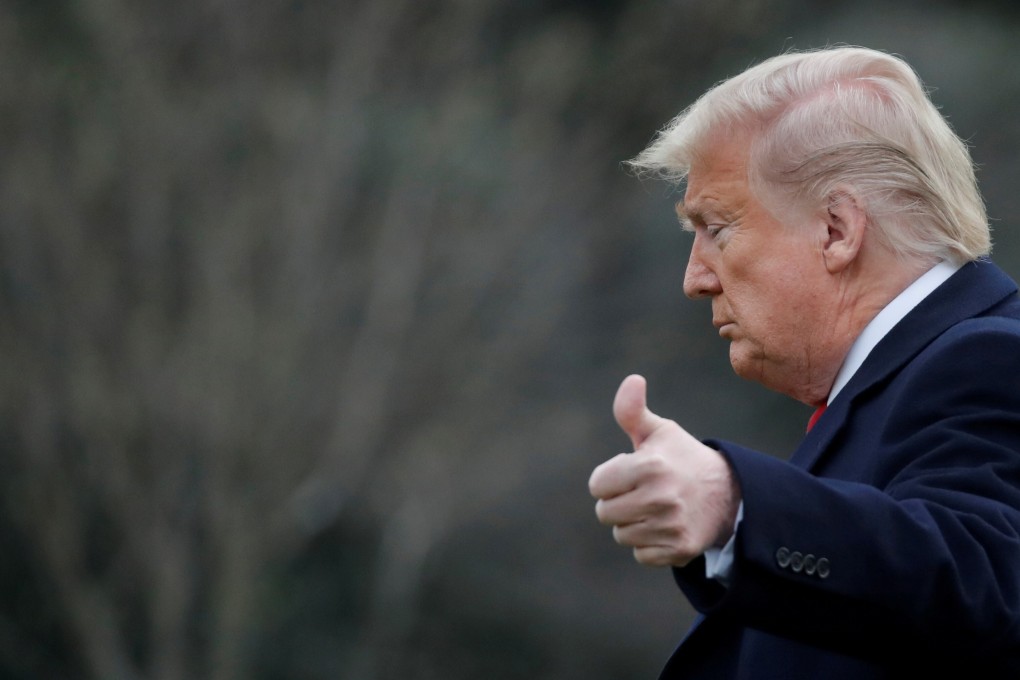Advertisement
What Trump can’t see: Beijing is not bent on suppressing Hong Kong’s freedoms
- As with Minneapolis, so with Hong Kong: watchers from afar can fail to see clearly. The US decision to punish China over Hong Kong’s security law is mischievous, even malicious, and fails to recognise how much Beijing needs Hong Kong to thrive
Reading Time:4 minutes
Why you can trust SCMP

Not without reason was I always warned during university days that “ontological” arguments can almost never be resolved, and can rarely usefully be waged. These are faith-based arguments based on convictions that cannot be tested against facts. Even when warring parties in an ontological argument look at the same facts, they still reach opposed conclusions.
This in part explains why people like US Secretary of State Mike Pompeo and the Christian core gathered around President Donald Trump believe so fervently – even before release of the substance of the controversial new Hong Kong security law, or any hint on how it might be implemented – that Beijing is bent on suppressing the freedoms of the Hong Kong people, and has consistently ignored or abused the legally binding commitments embodied in Hong Kong’s mini-constitution, the Basic Law – including its “high degree of autonomy”.
This conviction, and the decision to penalise Hong Kong and its people as a means of punishing China, is based on a hard-wired presumption of mal-intent by godless communists stealthily pursuing an agenda to undermine the freedom-loving economies of the West, and above all its champion, the US.
Advertisement
So it is that Scott Kennedy at the Washington-based Centre for Strategic and International Studies, was able to write here in the Post last Saturday that: “There is now near-universal agreement by those watching from afar that Hong Kong is in the midst of being prematurely stripped of its autonomy.”
I – also from afar – watched Minneapolis burning last week, and a perfectly polite CNN journalist surrounded and arrested by heavily armed state police, and wondered what the nature was of the trauma eating at the heart of America.
Advertisement
Recognising that, from afar, I am ill-equipped to judge, that complex issues can look simple, and that evidence is difficult to interpret accurately from afar, I have been seeking the local, more nuanced insights that might help me to understand.
Advertisement
Select Voice
Choose your listening speed
Get through articles 2x faster
1.25x
250 WPM
Slow
Average
Fast
1.25x
